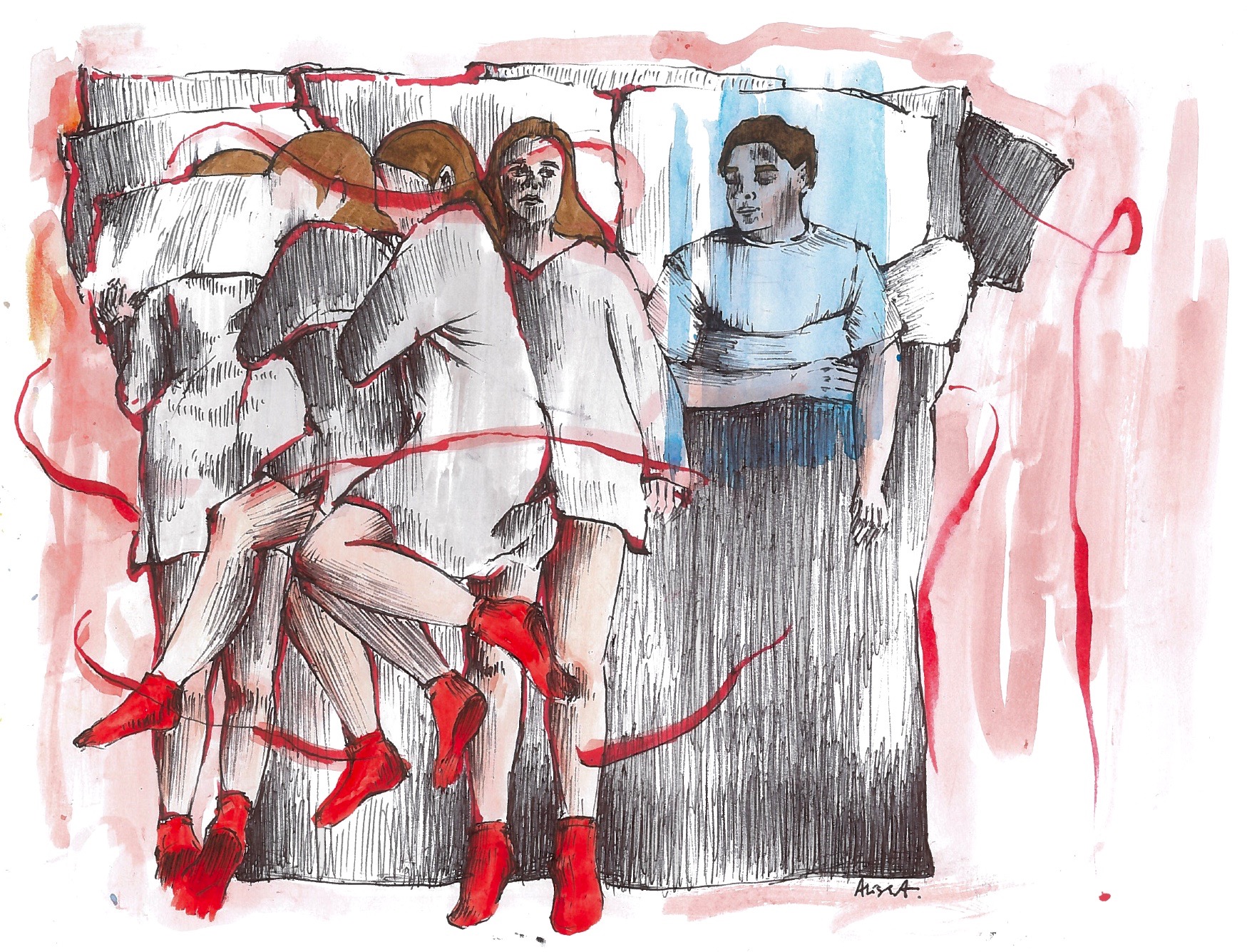Men and women are constantly compared—whether in sports, academics, or income levels. A new study by Diane Boivin, McGill Medicine and Assistant Professor in Psychiatry, highlights how sex can also impact quality of sleep.
Many scientists have researched the discrepancy of sleep disorders between men and women. An article by CBS News stated that while twice as many women experience insomnia than men, women are less likely than men to have sleeping disorders that involve breathing, such as sleep apnea. Anatomical and hormonal differences between the two sexes are responsible for this disparity. As a result of higher estrogen levels, women can often experience restless sleep during certain intervals of menstruation, pregnancy, and menopause. These intervals are known to shift women's internal clocks, causing them to wake up and feel tired earlier than men. On the other hand, men are more prone to experience shortness or lack of break during sleep as a result of sex-specific fat deposits surrounding the neck. However, does someone’s sex impact his or her quality of sleep if they do not have a sleeping disorder?
Dr. Boivin, Director of the Douglas Mental Health University Institute’s Centre for Study and Treatment of Circadian Rhythms, has delved more deeply into this issue. In a recent study, published in the Proceedings in the National Academy of Science, Dr. Boivin highlights a clear connection between biological sex and the biological sleep clock. The study consisted of 26 participants—15 men and 11 women with natural menstrual cycles. Due to the drastic impact of menstruation on biological rhythms of body temperature and sleep, women in two different stages of their cycle were studied. Core body temperature, saliva hormones, alertness, and polysomnographically recorded sleep—a type of sleep test that records biophysiological changes—were measured throughout the experiment. The variation of these measures throughout experimentation suggests that a woman’s vulnerability to sleep disturbances is greater than a man’s. Core body temperature and melatonin levels are both relative to regular sleep patterns, which fluctuated during experimentation. Higher levels of estrogen causes women to have earlier waking and sleeping times than men.
A study using the Horne and Östberg Morningness–Eveningness Questionnaire showed that women who have gone through menopause cease to have a different biological clock than men. Estrogen levels increase when women go through menopause causing sleep disturbances; but once menopause ends, hormone levels drop, making women’s body clocks more similar to men’s. This research reaffirms that hormones have a powerful impact on sleep patterns and quality of sleep.
“The observed difference between the sexes is essential for understanding why women are more prone to disturbed sleep than men,” Boivin said in a McGill press release.
This difference has significant repercussions, as men and women usually go to bed and wake up fairly simultaneously—even though men’s biological clocks are better suited to fit this schedule.
Waking up and still feeling tired after a long night’s sleep? Thank your inner body clock, ladies, because it wants you to establish a rhythm of going to bed early and getting up early—until menopause, of course. This research suggests that women are perhaps not as suited for late night jobs and might fair better at the early-bird specials. Furthermore, Dr. Boivin’s study may allow for more in-depth research of serious sleeping disorders. In the future, doctors may be able to prescribe sex-specific medications in response to sleeping disorders.
Although common mentalities towards sleep in college include “YOLO,” “I’ll sleep when I’m dead,” or “Let’s go out tonight,” it is important to remember how significantly sleep impacts mental health, learning ability, heart and blood vessel health, and obesity. No matter when your biological clock activates, a recommended seven to nine hours of sleep is required to stay healthy and bright.






